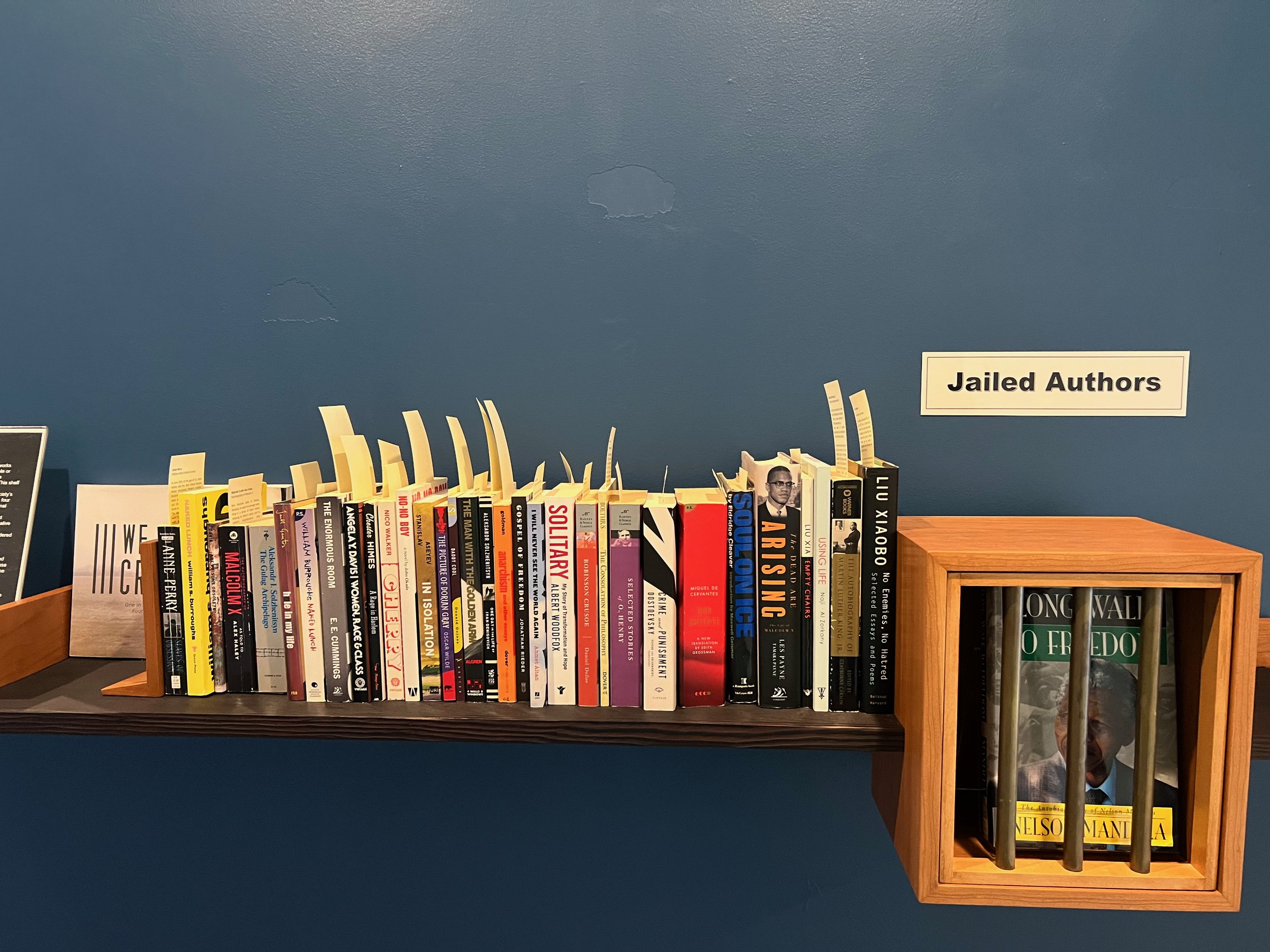Intimacy and Dialogue

Reading is an intimate communication between myself and an invisible other, a dialogue between the author’s interior voice and my interior voice.
I have spent the last year, a whole pandemic, seeking for books I can sink into, books I can trust. Intimacy with a book is not easy to come by anymore.
The first time I read a novel of any worth, that feeling was magical. And god knows, the first books assigned by a teacher are unlike anything you’ve experienced before. There are no movies. No plays. No conversations that come close to the dialogue that happens between the hidden self of the reader and the narrator willing to share all.
I remember reading Gatsby on a school bus in rural Maine in the early 90s. I couldn’t believe what I was reading at the time. It made me say, “People can write like this? They can say these things?” Looking back, I have no idea why I was so excited. I’ve tried re-reading Gatsby and I can’t pick it up. It is no longer novel. It’s just a story.
I have found a couple that make me happy in the last year. The Complete Stories by Clarice Lispector (which are lovely to dip into over and over), the Third Reich by Roberto Bolano, Killing Commendatore by Haruki Murakami, and most recently Anna Karenina by Leo Tolstoy.
It feels easy to see, looking back, why these books jump out. They each started a relationship with me. I didn’t simply receive a message, as if being served a subpoena. I sat down with each one during this last dark year. I found moments less alone. While I was reading Third Reich last Spring, I was trying to avoid thinking about a cancer growing within me. I didn’t talk about it to anyone. I couldn’t. I had to avoid knowing about the cancer to make it through the waiting period until I could do something about it. Now, on the other side (and completely well and cancer-free), I think back to those dark hours at night with Bolano. His narrator’s voice explaining to me what that vacation turned into, what it meant for his relationship, and how war games can be played out without words. Through intimate quiet in a hotel filled with obsessions, across a board, playing a stranger who had no right to defeat a master. The narrator was humbled, and I felt it in my gut.
Each one of my stories is a private envoy I send to another person, a reader, who in quiet moments might carry on correspondence with my emissary.
I’ve been writing stories for a long time. I don’t often explain that to people. It’s too difficult. I don’t explain to my friends what sex is like, either. I am not that type of person.
I wonder if my stories will make it’s way to a person who will consider it an intimate, as I’ve done with so many others. I have a story I’ve written a couple revisions around which tells about a man who finds messages from his missing wife appearing scrawled in the margins of books. He can’t stop reading because he doesn’t want to miss a message from his wife. He starts writing responses in the margins and bringing the books back to the used book store next door. Each time he returns a book with a message, the next book he buys contains a little more from his wife. Every night he is lost in books corresponding with his invisible other.
Intimacy and dialogue. Reading and writing. They are two sides of the same coin. I write because I read, and I want to respond to the voices that move me.
Writing fiction enters you into a correspondence with the writers that came before. Reading does the same. Reading is not mere listening. The time I spend reading, I’m questioning, responding, commenting. My thoughts go in a million directions, and the voice on the other side of the page talks to me in a way that feels close, trusted. I disappear into the other. Reading is not receiving. Reading is intimate give and take, done secretly, with no one watching. Each time, making it more difficult to find the next partner.





